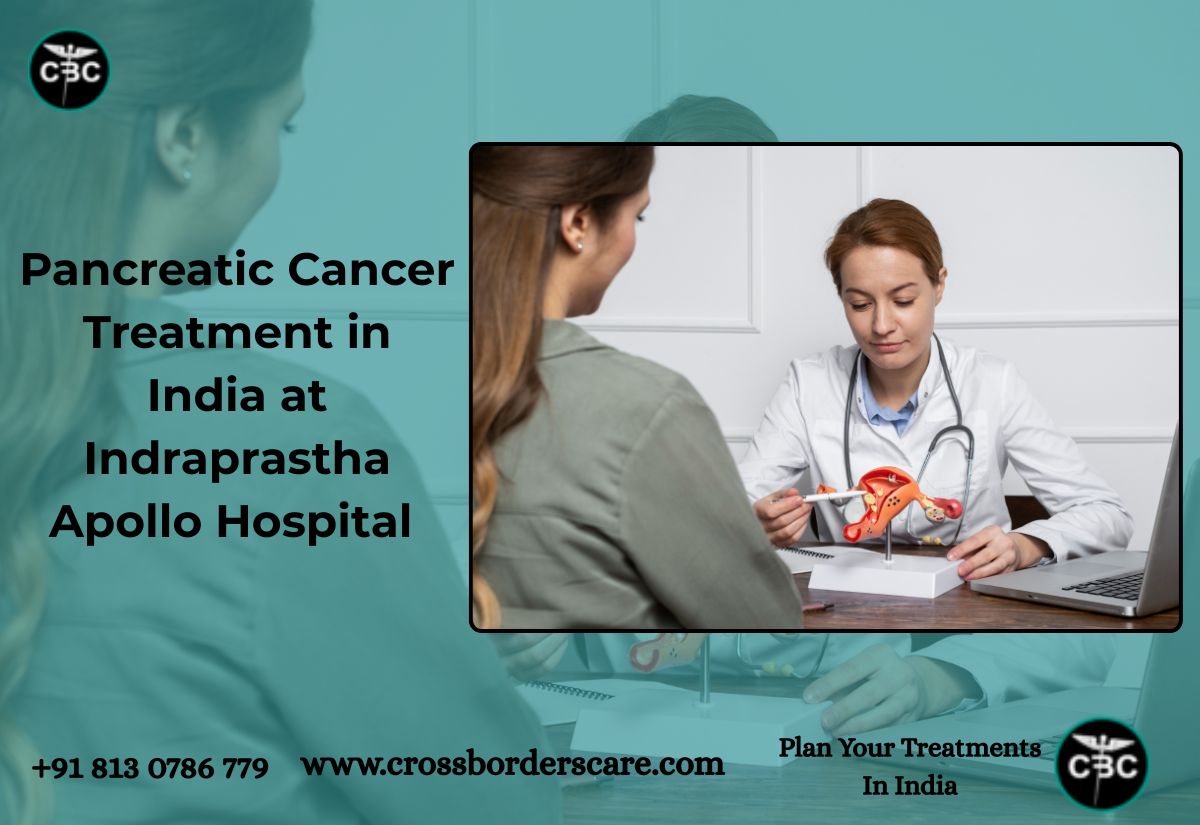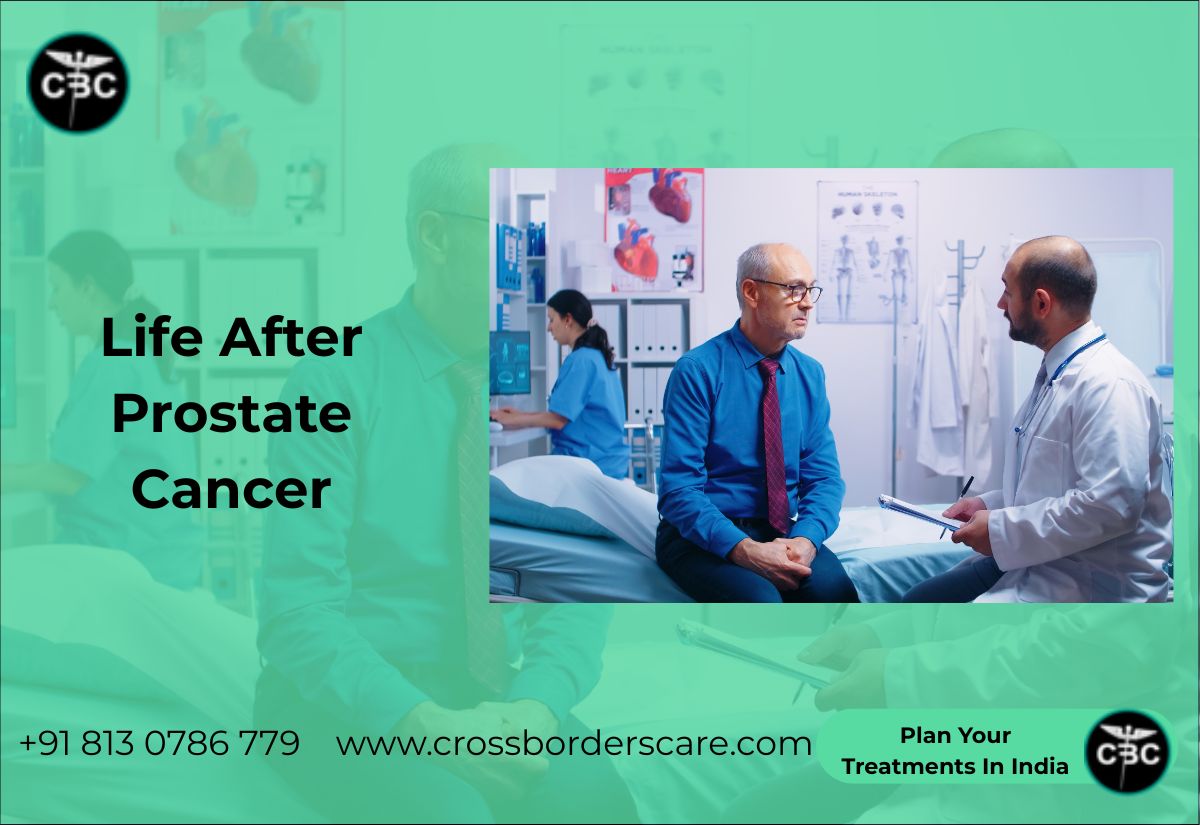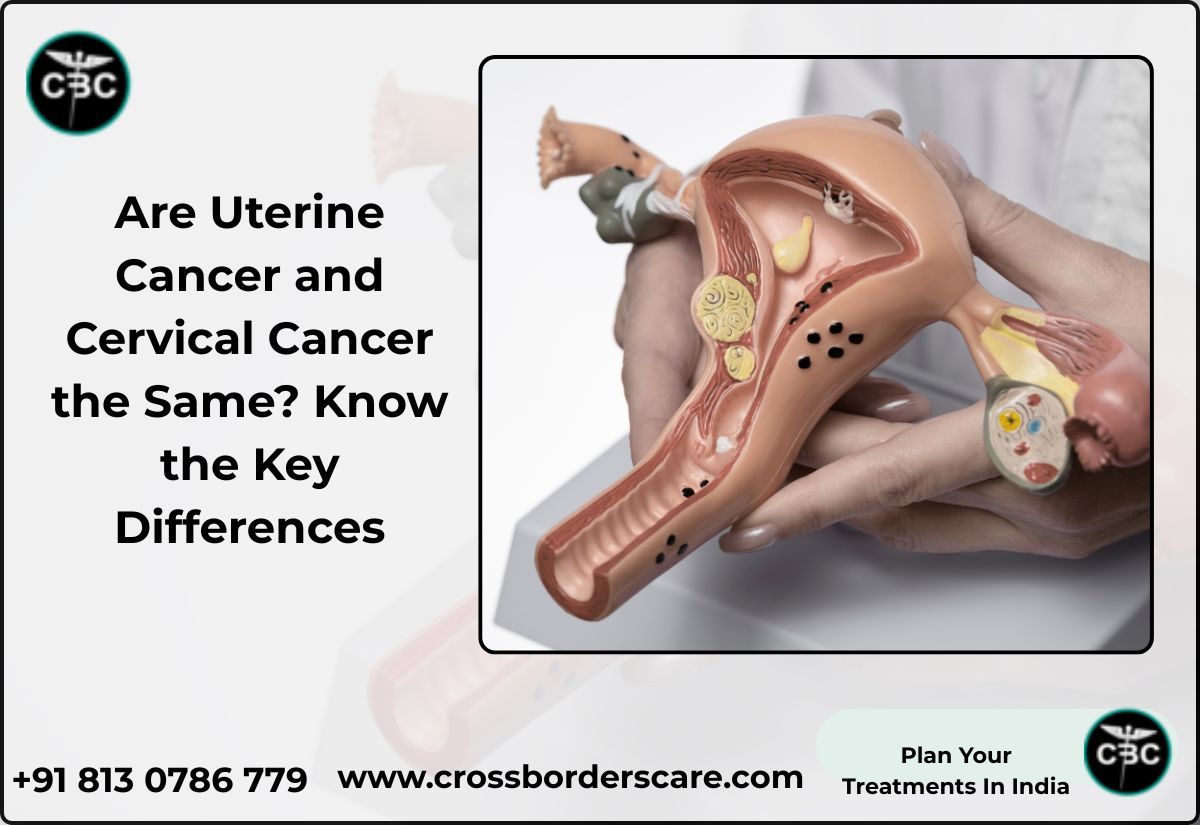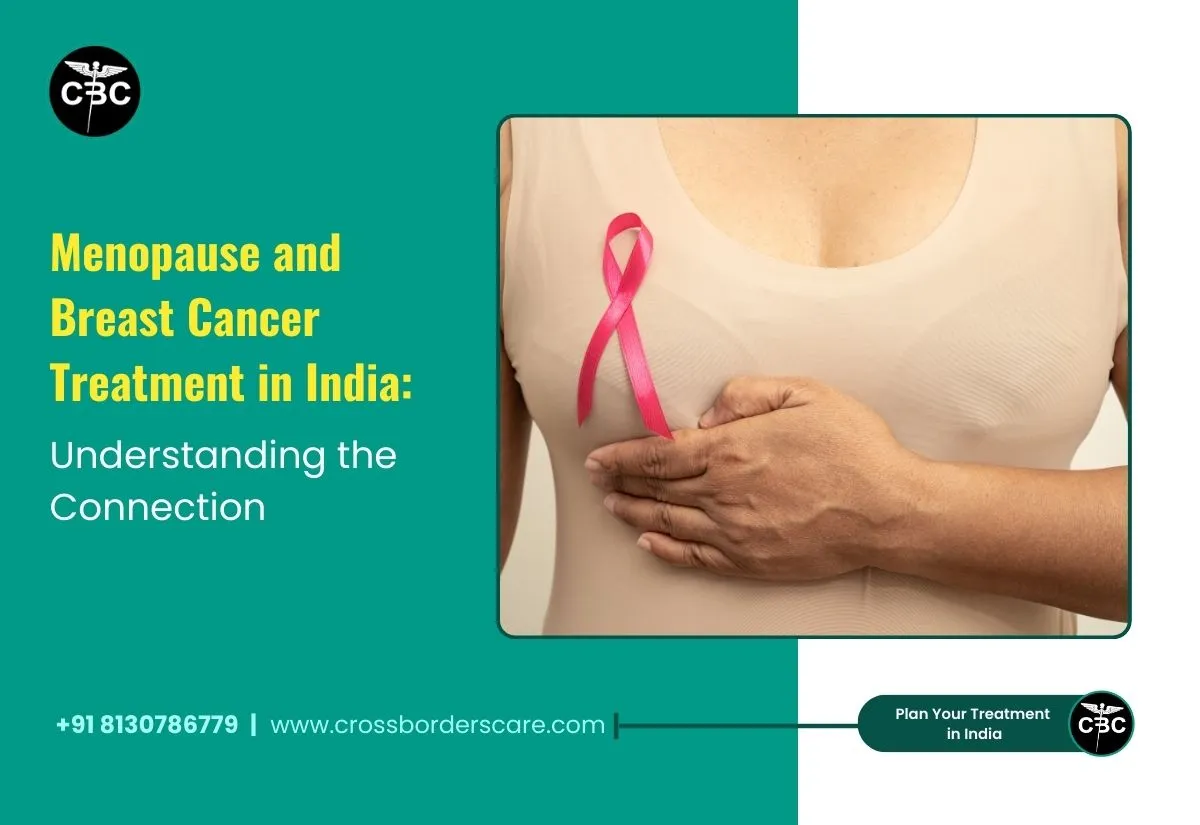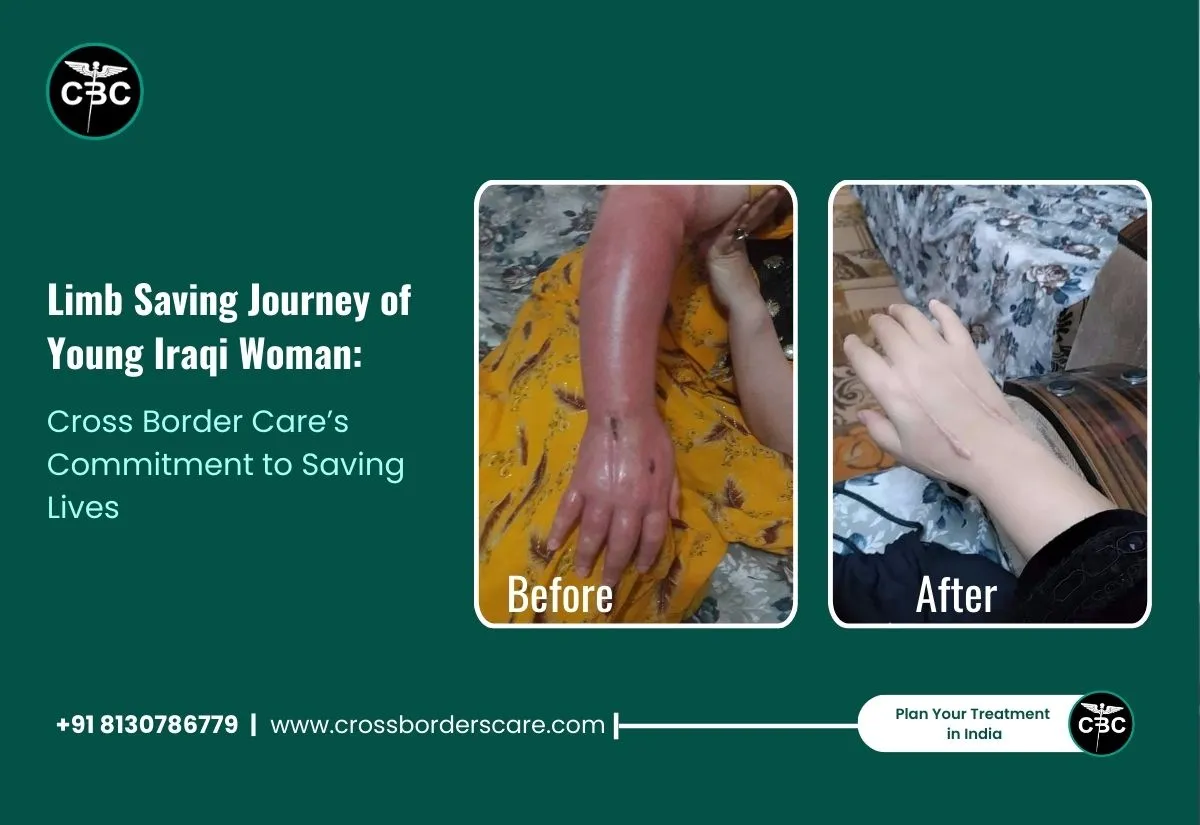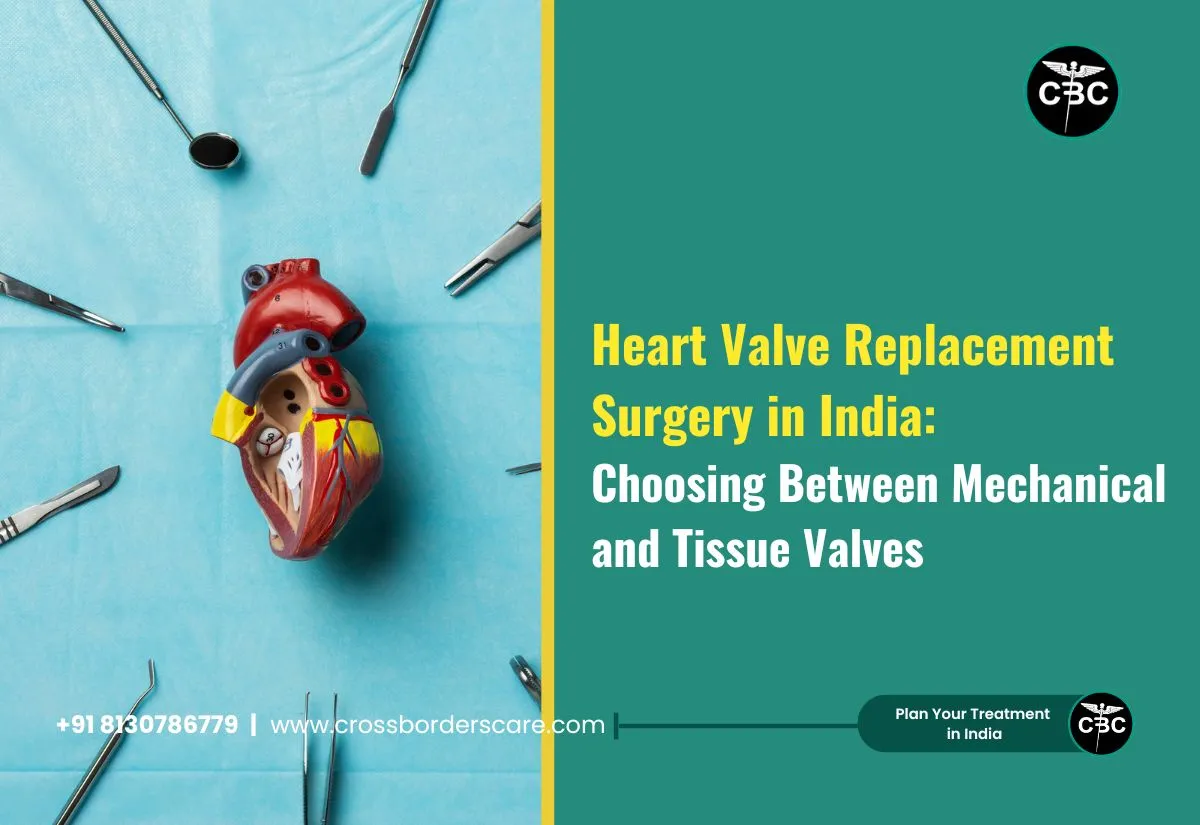For Ethiopian patients who get diagnosed with advanced abdominal cancer , hope often feels distant. HIPEC cancer treatment in Ethiopia is limited and cost can be very high. In such cases Ethiopian patients can visit India and get advantage of advanced HIPEC treatment in India.
To know more on this, be with us till the end of the blog and know how Cross Border care can help you avail this treatment at the best hospital in India.
Why is HIPEC special?
HIPEC (Hyperthermic Intraperitoneal Chemotherapy) is a combination of:
- Cytoreductive Surgery (CRS) – removing all visible tumors
- Heated chemotherapy directly inside the abdomen at 42°C
Since the chemotherapy is applied directly where the cancer cells are, it works more powerfully and with fewer side effects compared to IV chemotherapy.
Conditions Treated With HIPEC
- Ovarian cancer with peritoneal spread
- Stomach cancer with peritoneal metastasis
- Appendix cancer
- Colorectal cancer with peritoneal deposits
- Pseudomyxoma peritonei
- Peritoneal mesothelioma
For these cancers, HIPEC has been proven to improve survival, quality of life, and treatment response. This is why HIPEC surgery in Ethiopia is recommended for abdominal cancers, but many patients choose India due to better availability and expertise.
What happens in HIPEC treatment?
- Your HIPEC treatment in India will begin with cytoreductive surgery where all the visible tumors are removed from the abdomen. The goal of this step is to remove 90 to 100% of visible tumors.
- After the surgery the surgeon will use a special machine to pump chemotherapy solution heated to 41 to 43 degree celsius into the abdomen. Chemo is circulated for 60 to 90 minutes and kills the remaining microscopic cancer cells.
- The abdomen is then washed with sterile fluid and the incisions are closed.
- After the procedure the patient has to stay in the ICU for 1 to 2 days and total hospital stay will be 7 to 10 days.
Which is the best hospital for HIPEC treatment in India?
When it comes to advanced cancer treatments like HIPEC, choosing the right hospital and the right oncology team makes a huge difference. For Ethiopian patients, Indraprastha Apollo Hospital in New Delhi stands out as one of the most trusted and well-equipped centres for HIPEC care.
Why Indraprastha Apollo Hospital Is the Best Choice for HIPEC
- One of India’s most advanced multi-specialty hospitals with international accreditation (JCI + NABH).
- State-of-the-art modular operation theatres designed for complex cancer surgeries like CRS + HIPEC.
- Dedicated perfusion systems required for safe and effective heated chemotherapy delivery.
- 24×7 ICU and critical care backup, essential for post-HIPEC recovery.
- A highly experienced International Patient Services (IPS) department offering visa assistance, airport pickup, language support, and complete travel care for Ethiopian families.
- Known for transparent pricing, which is extremely important for cross-border patients.
No hospital offering HIPEC cancer treatment in Ethiopia can currently match Apollo’s infrastructure and HIPEC experience.
Why Dr. Manish Singhal Is a Highly Recommended Oncologist for Ethiopian Patients?
- Over two decades of oncology experience, treating complex and advanced-stage cancers.
- Known for his empathetic, personalised approach and detailed pre- and post-treatment guidance for African patients.
- Part of Apollo’s expert cancer team, providing a multidisciplinary approach — essential for HIPEC cases (medical oncology + surgical oncology + critical care).
- Trusted by many international patients from Ethiopia, Uganda, Tanzania, Ethiopia, Nigeria, and other African nations.
- Ensures clear communication, treatment planning, and long-term follow-up, even after patients return to Ethiopia.
HIPEC Treatment Cost Comparison (Ethiopia vs India vs USA/UK)
| Country | Average Cost of HIPEC Treatment | Remarks |
| Ethiopia (Private Sector) | Very High | Limited specialised centres, high surgical cost, long waiting time |
| USA / UK | Extremely High | Among the highest in the world; often not affordable for international patients |
| India | Affordable + High Success Rate | 60–70% cheaper than Ethiopia & Western countries; excellent HIPEC expertise |
Even with travel + stay, Indian treatment remains cost-effective for Ethiopian patients. This is one of the reasons India has become a preferred destination for patients who would otherwise struggle with the cost of HIPEC treatment in Ethiopia.
How Cross Border Care Helps Ethiopian Patients for HIPEC Treatment in India
- Contact us on our whatsapp number and send us your reports. We will get them reviewed by top oncologists in India and send you a preliminary treatment plan along with a cost estimate.
- We will issue an official medical visa invitation letter from here and help you apply for a medical visa.
- We will arrange doctor consultation on priority for you once you arrive here.
- The cost of the entire treatment will be transparent and we will even help you with discounts.
- We will assist you completely during your hospital stay here whether it is consultation with doctors, or help with payments or reports.
- We also provide follow up care services.
Travel Documents Ethiopian Patients Must Carry
- Passport (valid for 6 months)
- Medical Visa (or e-Medical Visa)
- Attendant Visa for family member
- All medical reports
- Biopsy reports
- CT/MRI scans (films + CD)
- Treatment summary from Ethiopian doctor
- Adequate funds proof (optional but helpful)
How Long Should an Ethiopian Patient Stay in India?
- 7–10 days hospital stay
- 3–4 days for pre-surgery tests
- 10–14 days recovery in India before flying back
Total recommended stay: 3 to 4 weeks
Trust India, Get Rid of Cancer now
- Faster access to treatment
- Experienced oncologists
- High success rate for HIPEC
- Transparent pricing
- Indian hospitals understand African patients’ needs
- Cross Border Care provides end-to-end support
Need HIPEC Treatment in India? We Are Here to Guide You
If you or your loved one in Ethiopia has been advised by HIPEC, Cross Border Care will help you access the right doctors and hospitals in India at an affordable cost. You can contact us on WhatsApp for a free medical opinion.

